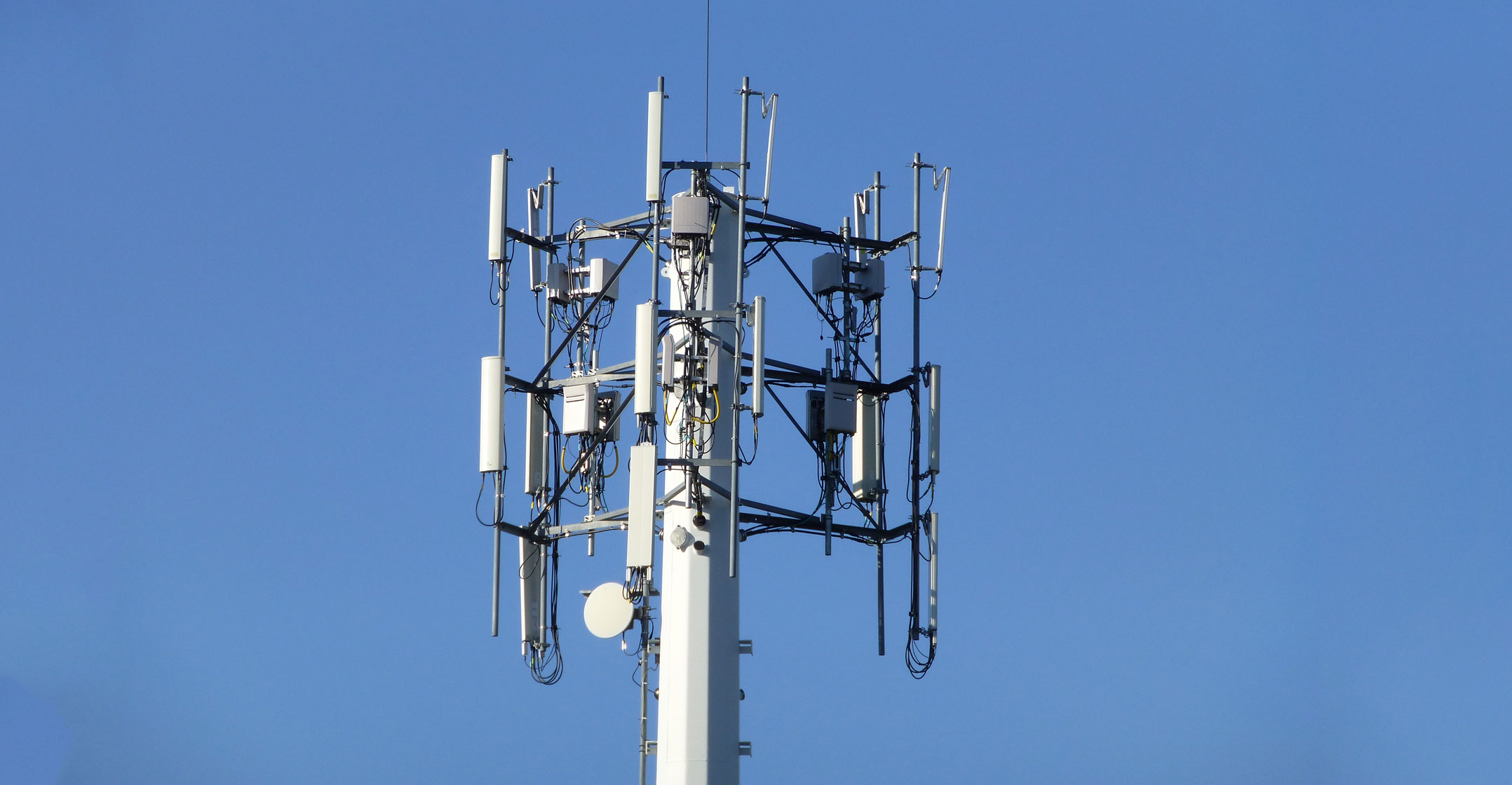 MTN South Africa has shut down 53 base stations on a permanent basis due to “severe damage and vandalism”. Thirty-nine of these towers were in Tshwane (greater Pretoria) and 15 in Johannesburg.
MTN South Africa has shut down 53 base stations on a permanent basis due to “severe damage and vandalism”. Thirty-nine of these towers were in Tshwane (greater Pretoria) and 15 in Johannesburg.
The move comes as both MTN and Vodacom warn that criminal syndicates are targeting their towers, especially to steal batteries and copper cables. Vodacom said earlier on Thursday that criminals are stealing between 1 500 and 2 000 batteries a month from its base stations and that site vandalism and theft is costing it as much as R140-million/year.
MTN GM for network operations Ernest Paul said in a statement that some acts of vandalism are “so severe that hundreds of towers around the country are at risk of being permanently shut down, putting strain on the network and potentially diminishing the quality of the service provided to customers”.
Almost 90 cellphone towers across the country are currently on hold as MTN awaits replacement batteries and maintenance fixes.
“In the first half of the year, the cost to the industry has reached an unsustainable tipping point,” Paul said. “The damage to towers and infrastructure is far exceeding the cost of repairing and replacing batteries and equipment.
“The industry is under pressure to deal not only with improving security to curb theft of batteries and vandalism, but also having to pay increasing amounts to replace batteries and repair damage,” he said. “These costs to date have been incurred by the network operators but may need to be passed onto consumers if the mounting theft continues.”
Arrests
MTN said it has recovered batteries to the value of almost R1-million in the past week in Pretoria, thanks to the involvement of the police, security personal and ordinary South Africans.
Also, a collaborative effort by police and security services led to the arrest of five suspects and the recovery of around 65 cell tower backup batteries worth an estimated R1.9-million in May. A few batteries were reportedly stolen in Midrand in that case, and the suspects were tracked all the way to Rosettenville, south of Johannesburg, where a cache of stolen batteries was found.
“While this is a step in the right direction, national cellular networks remain under increasing pressure, which may soon have a serious knock-on effect for the economy if battery theft continues at the pace that it is currently being experienced,” Paul said.
 Damage of this nature is not insurable, he added. “While you can get insurance for a major disaster, it is not feasible to insure a base station due to the high level of excess that would apply to claims of this nature.
Damage of this nature is not insurable, he added. “While you can get insurance for a major disaster, it is not feasible to insure a base station due to the high level of excess that would apply to claims of this nature.
“While MTN is making strides in combating battery theft by implementing full detection and monitoring on all base transceiver station sites, criminal syndicates are becoming more brazen and a broader initiative by the community is needed to prevent ongoing theft.”
MTN has already fixed 100 sites at “considerable cost”, but said a “broader initiative needs to be driven by communities, the private sector, police and prosecutors”.
“This is a national problem and more communities and people need to realise they may experience no service at some point if this continues, as loss of services and network quality can range from a 2-5km radius to 15km on some sites and affect 5 000 to 20 000 people at any given time.” — © 2019 NewsCentral Media




